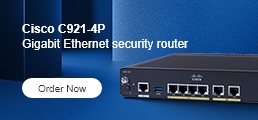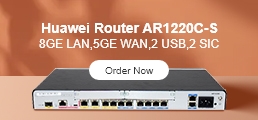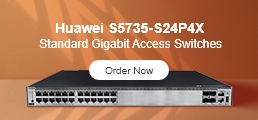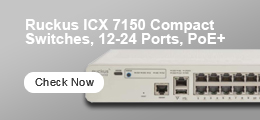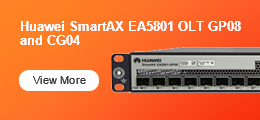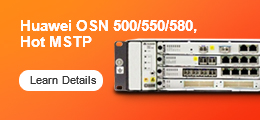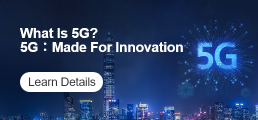The fifth generation of mobile networking is inching closer by the day. The new cellular network promises to bring with it faster speeds, wider coverage, and to finally put an end to congestion and latency issues.
There's no doubt that 5G will revolutionize the way we use our phones. But is it really worth upgrading your 4G phone? Let's take a closer look at 5G technology and find out whether it's really everything it's cracked up to be.
1. Speed
We've looked at how fast 5G is before, but there isn't a specific speed we can expect. Instead, think of 5G as offering a speed range and the actual speeds you get will depend on what network you're connecting to, how busy it is, what device you're using, and a few other factors. This table gives you a rough idea of the maximum speeds of each generation of cell network technology and the average speeds in the real world.
|
Generation |
2G |
3G |
3G HSPA+ |
4G |
4G LTE-A |
5G |
|
Max speed |
0.3Mbps |
7.2Mbps |
42Mbps |
150Mbps |
300Mbps-1Gbps |
1-10Gbps |
|
Average speed |
0.1Mbps |
1.5Mbps |
5Mbps |
10Mbps |
15Mbps-50Mbps |
50Mbps and up |
The topic is complicated by the variety of different technologies that are used in each generation, geographical differences in coverage, and by the fact that the technology continues to evolve and improve over time. For example, 4G has improved significantly over its lifetime with the development of LTE (Long-Term Evolution) and then LTE-A (Long-Term Evolution Advanced). You can theoretically get up to 1Gbps with the latest 4G LTE-A developments, which is the lower end of what 5G hopes to deliver. The average speeds you get in the real world will inevitably be much lower.
To put that speed into some kind of context, 1Gbps (gigabits per second) is 1,000Mbps (megabits per second). Confusingly, megabits are different from megabytes — there are 8 megabits (Mb) in a megabyte (MB). So, 1Gbps translates to 125MB per second. An MP3 file might be 5MB, while a TV episode might be 350MB, and a Blu-Ray movie will be 15GB (15,000MB) or more. If you actually have a 1Gbps connection, you could potentially download a Blu-Ray Full HD quality movie in two minutes.
While 4G is still improving, what you get is realistically generally somewhere between 10Mbps and 50Mbps. If we look at Netflix recommendations for streaming speeds, it recommends 25Mbps for Ultra HD quality. You only need 5Mbps for HD. The aim with 5G is to hit 50Mbps as an average minimum. It's always nice to have faster speeds, but that's not really the big attraction with 5G because 4G speeds are already pretty good. What 4G is not good with is latency.
2. Latency
Latency is the time it takes for data from your device to be uploaded and reach its target. It measures the time it takes for data to go from source to destination in milliseconds (ms). It's very important for applications like gaming, where response time can have an impact on the outcome. It could also prove vital for self-driving cars if data is being transmitted to the cloud, and quick decisions can trigger a reaction to brake or avoid an obstacle in real time.
With 4G networks, you're looking at an average latency of around 50ms. That could drop to 1ms with 5G technology. Just to give that some context, it takes at least 10ms for an image seen by the human eye to be processed by the brain. Low latency is vital for real-time reactions in machines or cars and it could also make cloud gaming possible. Gamers could play via their phones on remote hardware, as services like Google's Stadia are suggesting. 1ms is what you can aspire to, as it's what's possible in near-perfect scenarios. The average latency you can expect on 5G will likely be around 10ms.
Improvements in latency could prove to be the real driver of 5G adoption, but there are many challenges ahead.
3. Coverage
It has taken years for 4G networks to spread across the world and there are still plenty of rural areas relying on 3G networks. Even where there is 4G coverage, the speeds vary quite widely. We can expect 5G networks to take a while to reach everyone and the rollout will follow a similar pattern to 4G with cities the first to benefit.
By the way, you can check the price of 5G Devices.
Learn More:
Compare Samsung Galaxy Fold vs. Huawei Mate Xs
FAQs of Xiaomi Redmi K30 5G Phone
How Will 5G Affect Android and IOS Apps?
Realme X50 5G vs. Realme X50 Pro 5G vs. Realme X50m 5G Phone
What Samsung Phones Are 5G Compatible?




